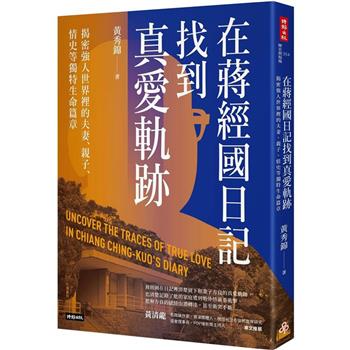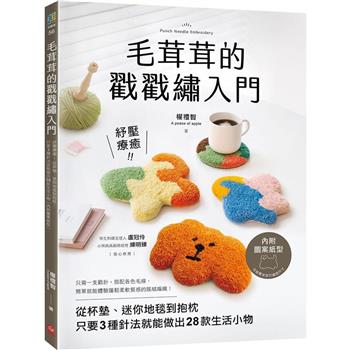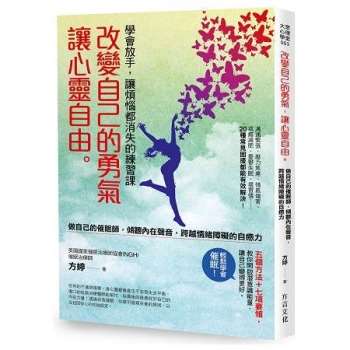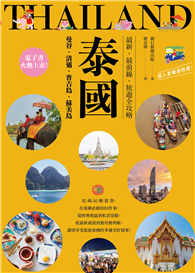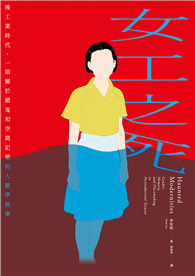“A Review of Mr. Newman’s Lectures on Romanism†offers a critical examination of John Henry Newman’s lectures on Romanism. Written by Christopher Nevile in 1839, this review provides valuable insight into the theological debates of the 19th century, particularly those surrounding the Oxford Movement and the controversies between Anglicanism and Roman Catholicism. Nevile’s work offers a detailed analysis of Newman’s arguments and challenges his perspectives on the doctrines and practices of the Roman Catholic Church.
This historical text is an important resource for scholars and readers interested in the history of Christian thought, the development of religious movements, and the intellectual debates that shaped Victorian England. It provides a unique perspective on the complex religious landscape of the era and the ongoing dialogue between different Christian traditions. The book’s enduring value lies in its thorough examination of key theological issues and its contribution to understanding the historical context of religious controversy.
This work has been selected by scholars as being culturally important, and is part of the knowledge base of civilization as we know it. This work was reproduced from the original artifact, and remains as true to the original work as possible. Therefore, you will see the original copyright references, library stamps (as most of these works have been housed in our most important libraries around the world), and other notations in the work.
This work is in the public domain in the United States of America, and possibly other nations. Within the United States, you may freely copy and distribute this work, as no entity (individual or corporate) has a copyright on the body of the work.
As a reproduction of a historical artifact, this work may contain missing or blurred pages, poor pictures, errant marks, etc. Scholars believe, and we concur, that this work is important enough to be preserved, reproduced, and made generally available to the public. We appreciate your support of the preservation process, and thank you for being an important part of keeping this knowledge alive and relevant.

